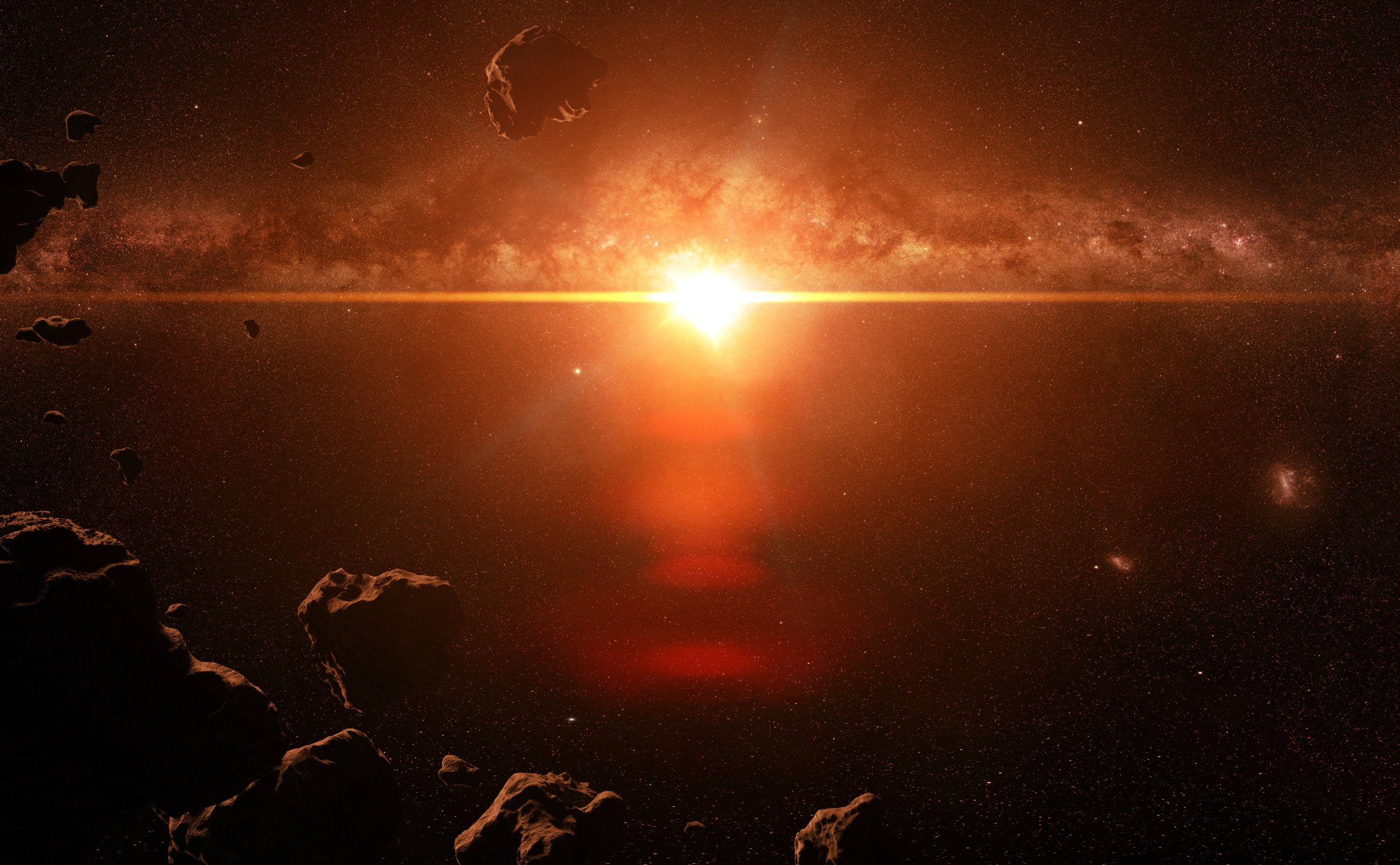
We should preserve more than 85 percent of the solar system as a "wilderness" area that is off-limits to human development, scientists have argued.
In a paper published in the journal Acta Astronautica, researchers said that space mining and other forms of industrial exploitation should be limited to just one-eighth of the solar system, protecting us from problems associated with "exponential growth."
The authors noted that humans were poor at estimating the pace of such growth, and that the limitations of a resource are hard to recognize before it is too late and all the materials within reach of Earth are gone.
"If we don't think about this now, we will go ahead as we always have, and in a few hundred years we will face an extreme crisis, much worse than we have on Earth now," Martin Elvis, an astrophysicist at the Smithsonian Astrophysical Observatory, told The Guardian. "Once you've exploited the solar system, there's nowhere left to go."
While space mining hasn't begun in earnest, companies around the world are eyeing valuable resources, such as precious metals and water, on asteroids, our moon, Mars and other nearby rocky worlds. These resources could be transported back to Earth or used to supply lunar bases or space missions venturing deeper into the solar system.
Elvis, in collaboration with Tony Milligan, a philosopher at King's College London, came up with projections for humanity's use of resources given the current interest in space mining. They estimated that at a 3.5 percent growth rate—comparable to that of the use of iron from the beginning of the Industrial Revolution until now—the one-eighth threshold would be reached after 400 years.
At that point, they said, there would be only 60 years remaining in which to transform the future economic system and avoid completely depleting the realistically minable resources within Earth's grasp.
"The rationale for adopting the one-eighth principle so far in advance is that it may be far easier to implement in-principle restrictions at an early stage, rather than later, when vested and competing interests have come into existence under conditions of diminishing opportunity," the authors wrote.
Deciding which areas to protect and which to open up for exploitation must be carefully considered, they stressed.
"Do we want cities on the near side of the moon that light up at night?" Elvis told The Guardian. "Would that be inspiring or horrifying? And what about the rings of Saturn? They are beautiful, almost pure water ice. Is it OK to mine those so that in 100 years they are gone?"
"If everything goes right, we could be sending our first mining missions into space within 10 years," he said. "Once it starts and somebody makes an enormous profit, there will be the equivalent of a gold rush. We need to take it seriously."
Uncommon Knowledge
Newsweek is committed to challenging conventional wisdom and finding connections in the search for common ground.
Newsweek is committed to challenging conventional wisdom and finding connections in the search for common ground.
About the writer
Aristos is a Newsweek science reporter with the London, U.K., bureau. He reports on science and health topics, including; animal, ... Read more
To read how Newsweek uses AI as a newsroom tool, Click here.








